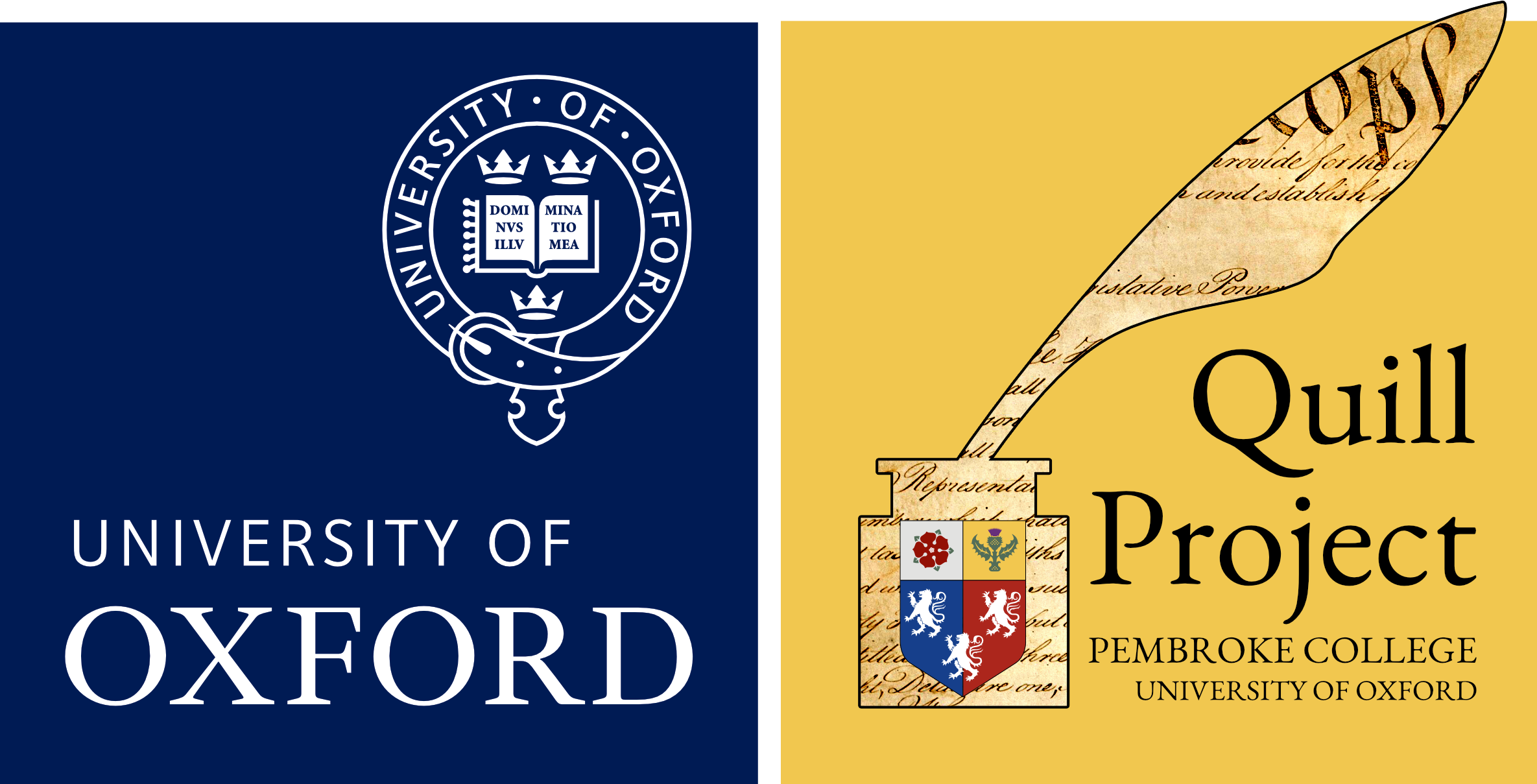Interning with Quill
Since 2019, Nicholas Cole has been conducting research along with Dr Daniel Breen at Brandeis University on the history of the Massachusetts Constitutional Convention of 1779-80. The Massachusetts Constitution is the oldest written constitution still in-force in America, and the Convention that framed it was extremely influential not only on matters of substance but in shaping the processes of constitution-writing and ratification for independent America. The limited nature of the records also makes this one of our more challenging projects. This summer, a number of student interns from Brandeis, Stanford, and Harvard were invited to work with Lauren Davis, Quill’s Digital Curator, to further work into this important constitutional convention and to begin the process of constructing a digital edition.
Renee Nakkab, a student at Brandeis University, agreed to share with us some reflections on her internship:
Renée Nakkab
Like many during the wake of the Covid-19 outbreak, I was homebound and worried about its impending threat on society. Through those uncertain times, I would have never expected to discover my passion for historical constitution research. In 2019, I took a Brandeis course with Professor Daniel Breen regarding the history of the Massachusetts Constitutional Convention. In taking this course, I found the material highly interesting and I wanted to learn more about the foundations of America’s constitutional system. Soon after confirming my interest, I was welcomed to the Quill Project team. While working on the Quill Project’s Massachusetts Constitutional Convention of 1779-1780 project, I had the unique opportunity to travel back in time through the readings and research of historical documents pertaining to the Convention.
The research was both exciting and demanding as it unearthed the proceedings of one of the first State Constitutional conventions. The Massachusetts Constitution is one of the world’s oldest functioning constitutions. It is divided into three parts: a Preamble, Part the First: A Declaration of the Rights of the Inhabitants of the Commonwealth of Massachusetts, and Part the Second: The Frame of Government. One of the most important and long-lasting aspects of the Massachusetts Constitution is the separation of powers established to frame the government into three branches: an executive, an independent judiciary, and a bicameral legislature. The organization and message of this state’s constitution led as an example to the United States’ Constitution, which has since been used as an example constitution for countries such as Germany, Japan, India and South Africa.
In reviewing the limited archival information kept on this constitutional convention, I found it challenging to not wonder more about specific conversations and reactions between Massachusetts’ County Representatives. The historical documentation the Massachusetts Quill project team was working with solely discussed procedures of the convention, thereby removing the thoughts, feelings, and emotions associated with it. Yet, it is through these emotion-filled beliefs that historians can learn more about not only the convention, but the time period itself.
Although there continues to be a lot more to be discovered about the Massachusetts Constitutional Convention, our Quill Project team--formed by students from Brandeis University, Harvard University and Stanford University--has made tremendous strides in furthering the understanding of early American government, law and compromise. While remote, our team has worked hard to digitize the convention to ensure its longevity and accessibility to all for years to come.
- -Renée Nakkab, September 2020
Extract from the Massachusetts Declaration of Rights
More information
For more information on the Massachusetts Constitutional Convention project, see the project page here.
The model Renée has been working on is still a work in progress and we don’t yet have a publication date. Please see our Projects Page for links to our open access collections.
For further information on this project or any of our other projects, please get in touch.


